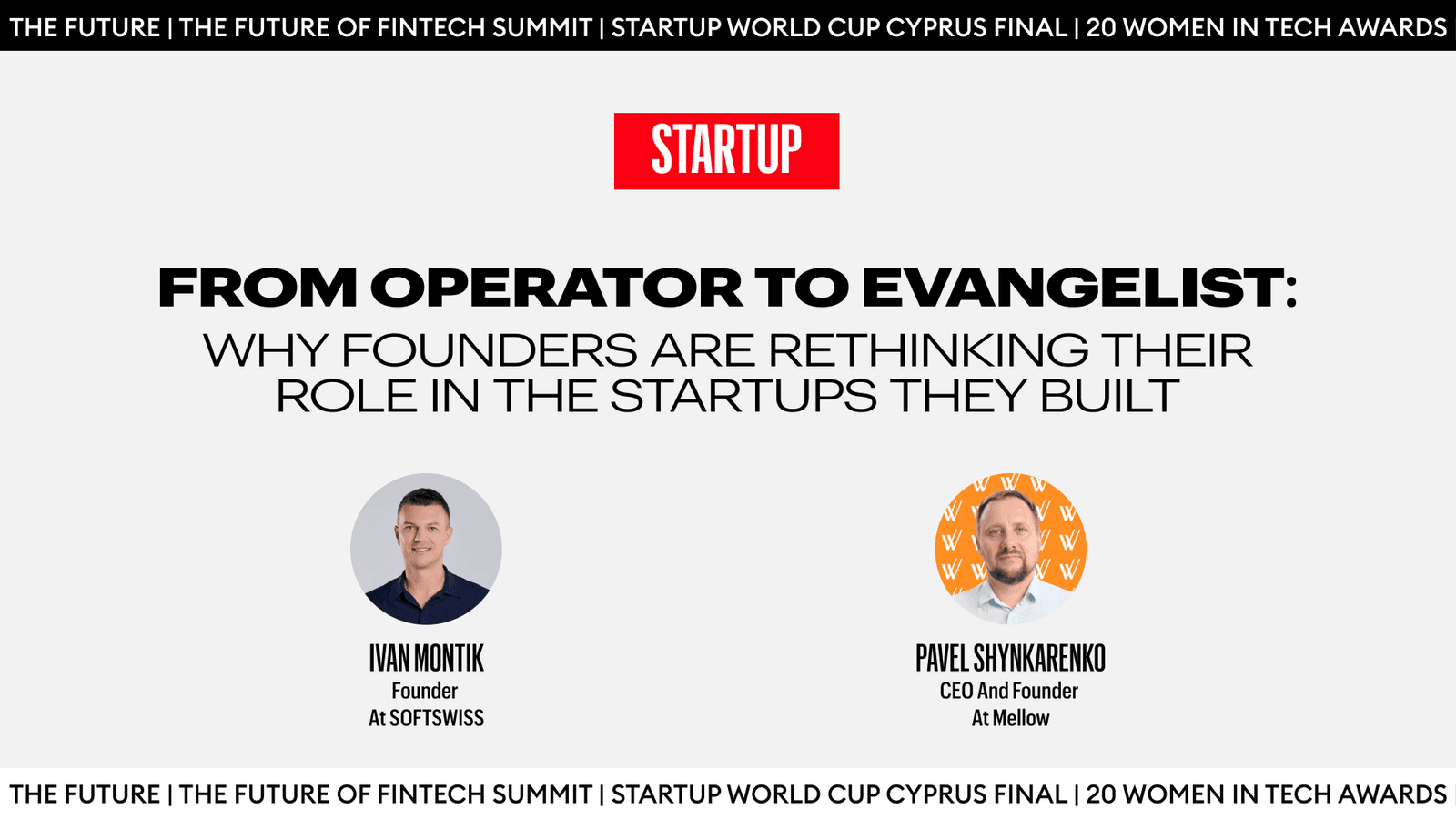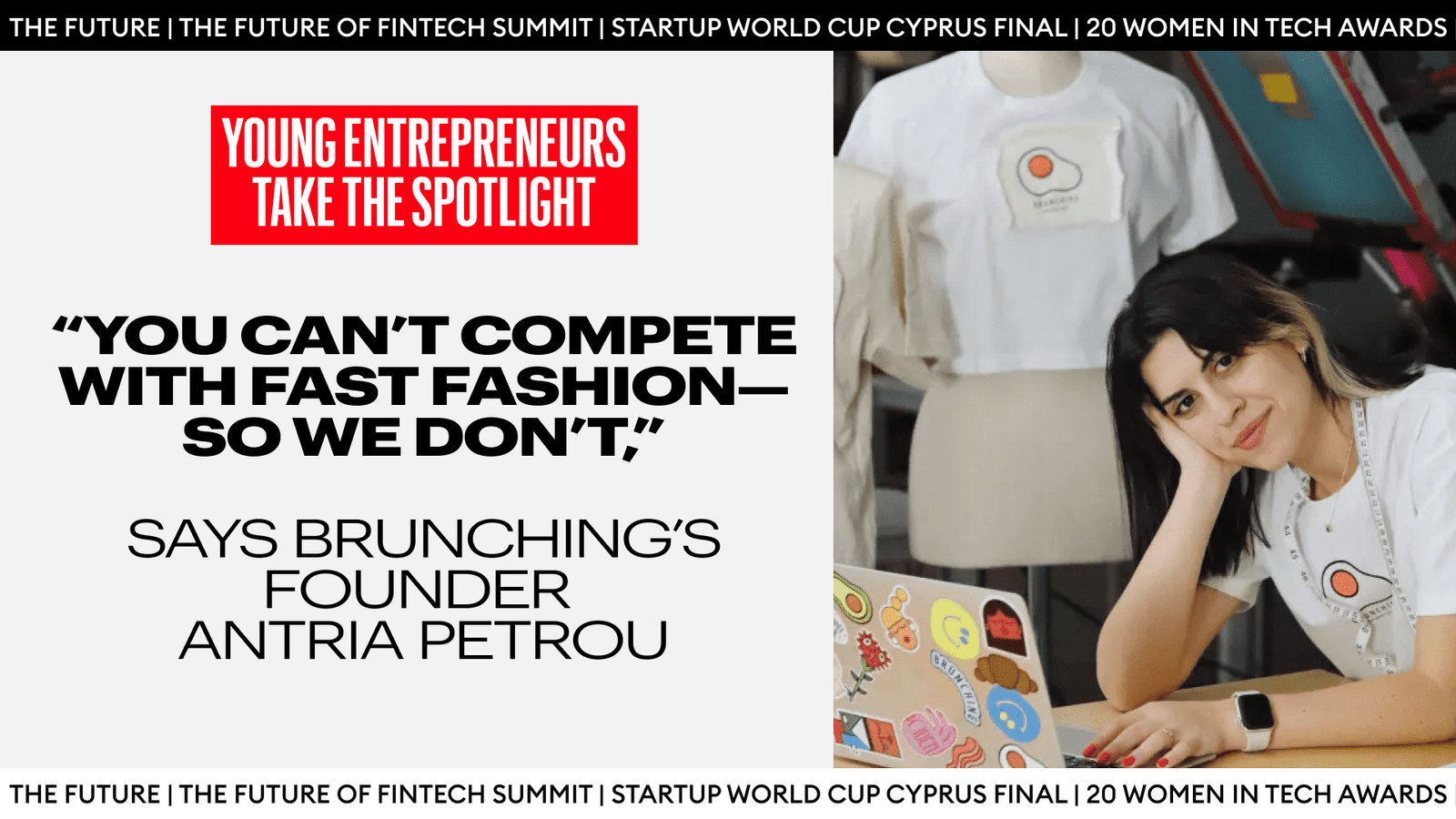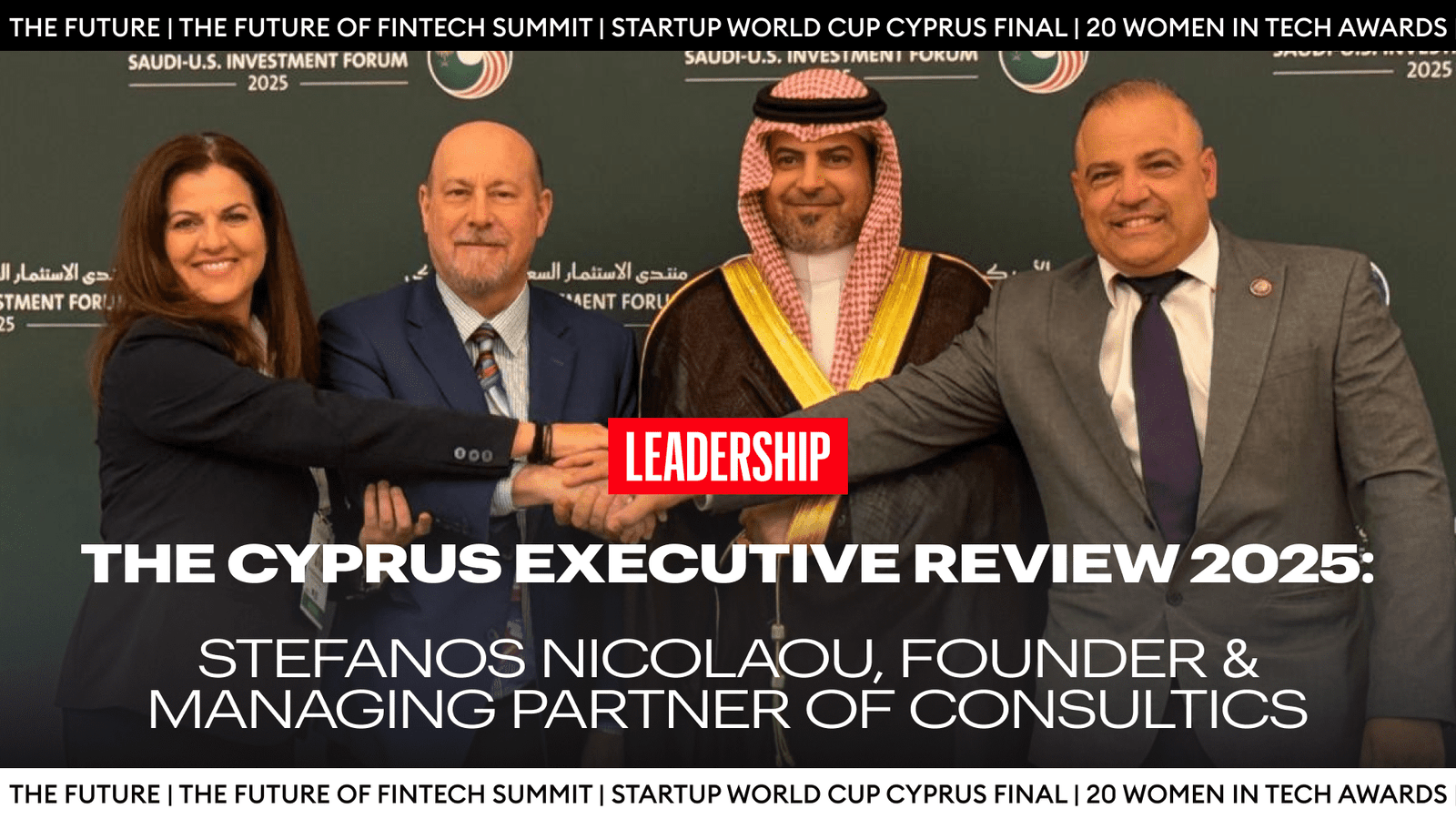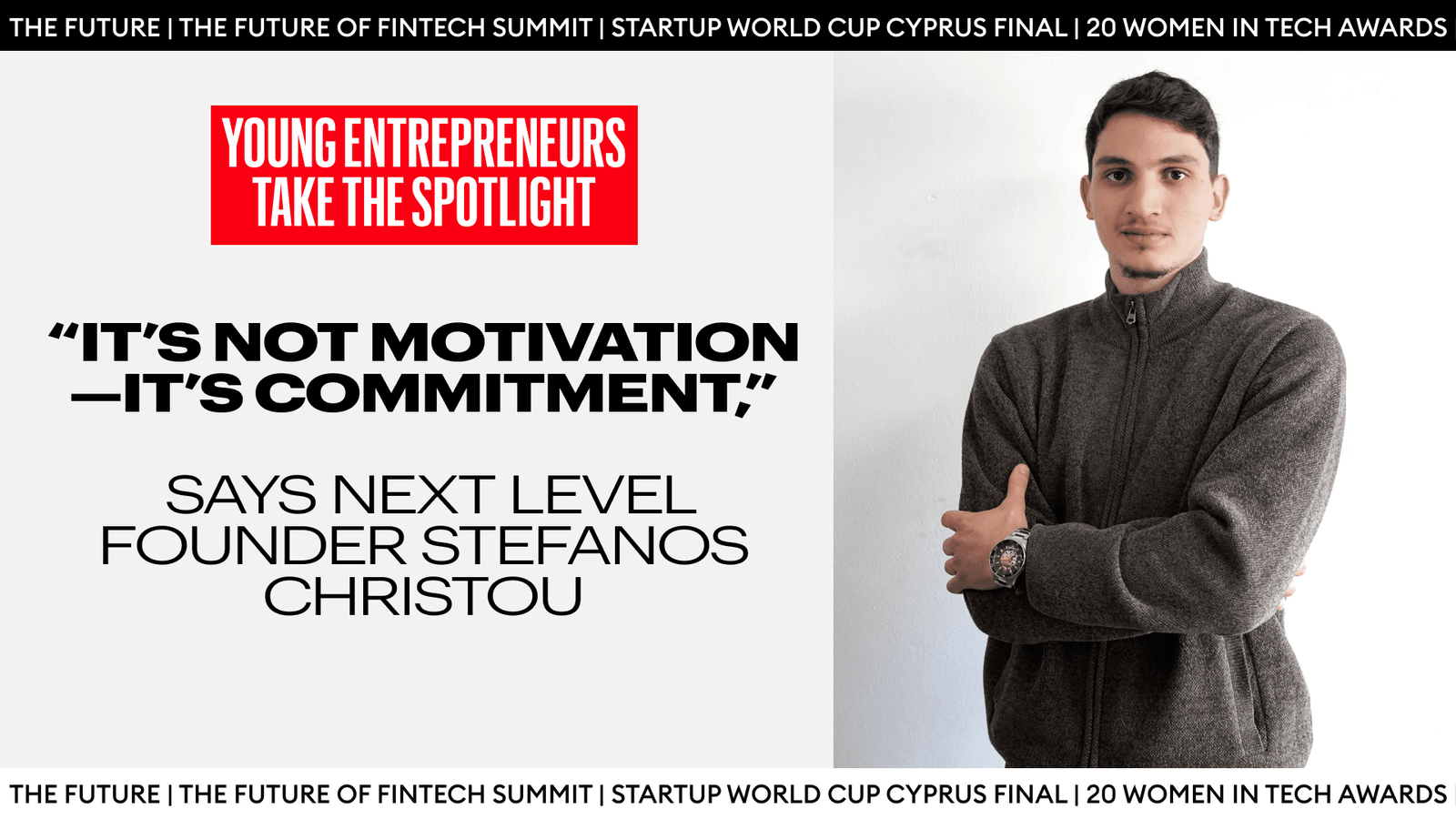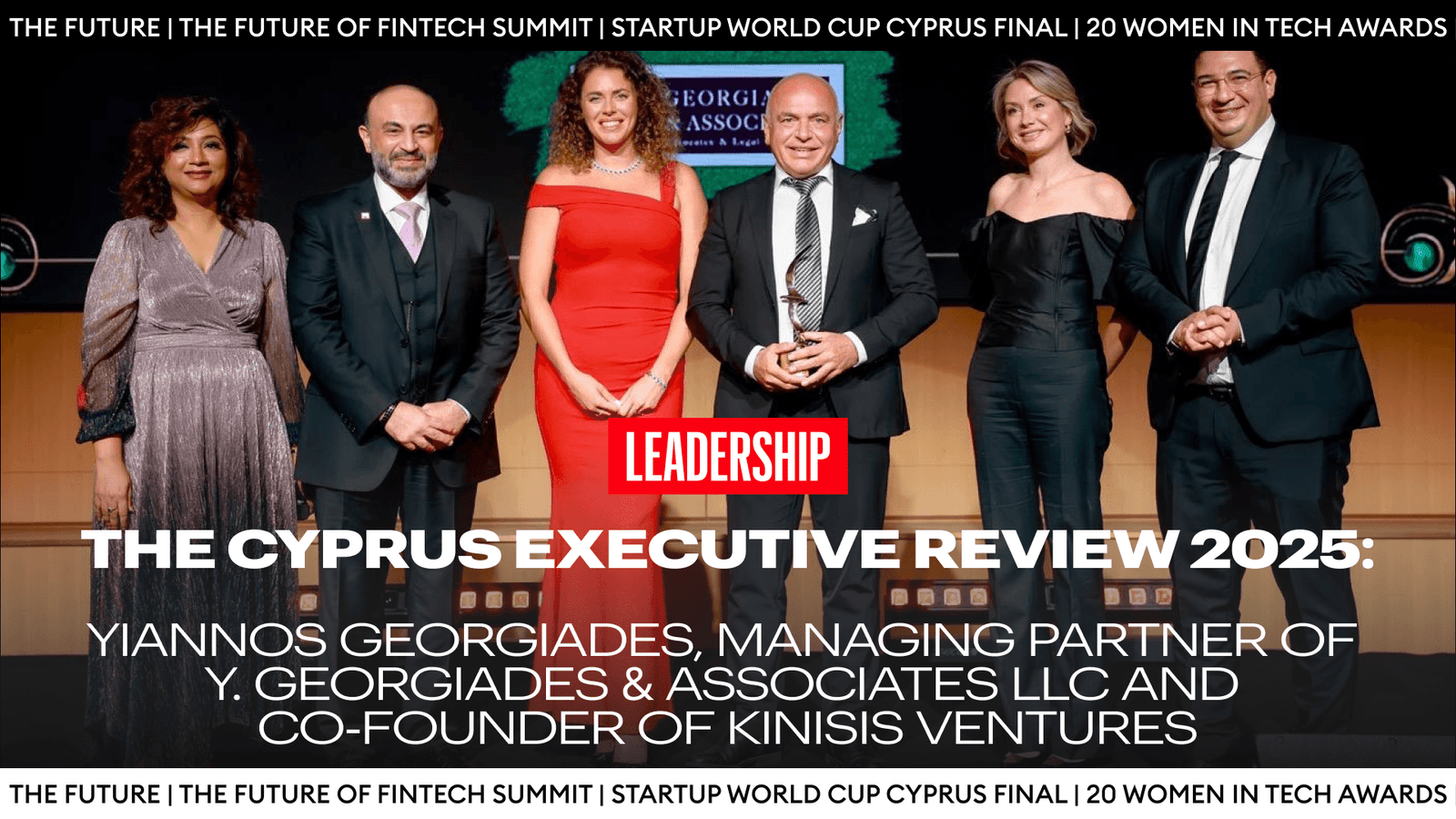Customers and investors don’t just buy into a product. They buy into the person behind it.
In the early days, founders did it all: building, hiring, fundraising, and supporting users. But as companies scale, the demands multiply. Trying to do it all doesn’t just slow the team down—it burns the founder out. At some point, the role has to adapt.
Follow THE FUTURE on LinkedIn, Facebook, Instagram, X and Telegram
For some, that means stepping aside from daily operations. Not to disappear entirely, but to put all their energy into something only they can do: telling the origin story, building trust, and making the company visible in the right rooms.
It’s a role that now has a name. Sometimes it’s called Chief Evangelist. Sometimes, Founder-at-Large or even Strategic Advisor. But the goal is the same: to stay central to the company’s growth, only this time from center stage.
Why the Story Works Better When You Tell It
No one carries the story of a startup quite like its founder. They have been there since the first day, pitching the vision when there was no product, selling to early adopters before there was traction, convincing people to care before there was anything to care for.
The difference is trust: founders aren’t just telling a story. They have lived the story. When founders take on a public-facing role, it’s not about marketing tactics. It’s about trust. They can explain the “why” behind the company in a way no one else can, because they were there when it started, and they’ve had to defend its value every step of the way. That kind of context and credibility is hard to delegate, though, as teams grow, founders may choose to share the spotlight with internal experts while still carrying the long-view vision only they can tell.
Stepping into the Chief Evangelist role doesn’t mean stepping away from leadership. It means leading differently:
- Driving the company’s vision, not just its operations
- Building community, not managing from above
- Acting as the face of the company, for investors, customers, and media
It’s not a lesser version of leadership. It’s leadership that looks outward.
Why Now?
Founders face unprecedented pressures today. A 2023 study by Startup Snapshot found that 72% of founders report experiencing burnout, with 53% suffering from depression or anxiety. Another survey places 54% of founders as having gone through burnout just in the past year.
Solo founders are especially vulnerable. The proportion of one-person-led startups rose from 17% in 2017 to 35% in 2024, yet 63% of them report burnout symptoms, while over 70% cite loneliness.
Why is the timing so urgent?
- Pace of growth: Startups are expected to scale faster than ever before, with developers, sales, support, and operations, and most of the work falls on the founder.
- Mental toll: The data above confirms that working 24/7 isn’t sustainable or healthy.
- Structural limits: When a founder handles everything, both their personal well-being and the business suffer.
Startups are scaling faster, hiring leaner, and expecting more from less. Founders often end up holding the entire company together, on sleepless nights and way too many coffees.
But there’s a growing recognition that this isn’t sustainable. Founders aren’t stepping back to do less. They’re stepping into roles that focus their time, energy, and visibility where it actually counts, especially in the early and growth stages.
It’s a move that we are seeing more often, not just in Silicon Valley, but all the way in Cyprus too!
What This Looks Like in Practice
Here’s how the evangelist role is emerging on the ground:
- Reid Hoffman (LinkedIn)
Co-founded LinkedIn and served as CEO early on. After stepping back from day-to-day operations, he became the company’s public voice, sharing its philosophy, advocating for culture, and representing it to the world through writing, speaking, and investing. - Stewart Butterfield (Slack)
While remaining CEO for most of Slack’s lifecycle, Butterfield became known more for product vision and public speaking engagements than internal execution. His role, which was largely media-facing, product-driven, and evangelistic, often eclipsed traditional CEO responsibilities as the company grew. - Brian Chesky (Airbnb)
Chesky remains CEO but has spoken openly about refocusing his role around storytelling and community-building, especially during periods of crisis (like COVID). Internally, much of the operations were delegated to executives, leaving him free to act as Airbnb’s primary face to the world. - Alexis Pantazis (Hellas Direct)
While co-leading one of Cyprus and Greece’s fastest-growing insurtechs, Pantazis increasingly took on the external-facing side of the business—pitching to investors, representing the company at international forums, and helping expand its public presence. - Kyriakos Eleftheriou (Terra)
Founder of fintech startup Terra, Eleftheriou frequently speaks at industry events and represents the company in high-level panels and investor forums, positioning himself as the company’s strategic face. - Ozerk Ozan (OpenPayd)
Based in Cyprus and founder of banking-as-a-service provider OpenPayd, Ozan regularly appears at major finance tech events. - Ivan Montik (SOFTSWISS)
Founder of the global iGaming leader SOFTSWISS, Ivan Montik, has remained the public face of the company for over 16 years.
“Being the public face of the company isn’t about personal recognition. It’s about trust, continuity, and the ability to communicate a long-term mission with authenticity,”
said Ivan Montik
Montik began speaking publicly long before it was common to do so in his industry. “Few companies had ‘real faces’ behind their brands. But I believed then, and still do, that transparency builds trust.” Even as SOFTSWISS scaled from two people to over 2,000, he says his early involvement still shapes the way he communicates the brand: “That early experience, building something from scratch, gives weight to the story we tell. A founder brings a unique perspective no hired executive can replicate.” His role, he says, is not about being in the spotlight, but about ensuring consistency: “The spirit of the founder keeps the startup culture alive, even as the company scales.”
- Pavel Shynkarenko (Mellow)
As founder of Mellow, Pavel Shynkarenko has guided the contractor management platform through rapid growth into a 150+ person team. While he initially filled every role, his perspective evolved as the team scaled. “In those early days, the founder and the startup are essentially inseparable; your vision and execution define the entire business. But over time, it’s crucial to let internal experts take ownership too.”
Rather than monopolizing public visibility, Pavel shares it with team members, while still anchoring the company’s long-term vision and external messaging at the strategic level. His approach reflects a more distributed model of visibility, rooted in trust and sustainability.
Take Home
If you’re a founder, ask yourself this:
Are you more valuable running the whole machine or making sure people care it exists?
You don’t have to hold every department together to move the company forward. In fact, if you’re still trying to do everything, you’re probably holding your company back.
Being the public face doesn’t always mean being the only voice. Pavel Shynkarenko, CEO of Mellow, emphasizes the importance of making space for others as a company grows:
“As the company grows, more internal experts appear, and I think it’s important to give them room for their voice. I don’t think that I’m the only one who can effectively be the public face of the company.”
Still, he notes the unique role a founder plays in long-term positioning:
“A CEO’s vision is unique because I can articulate market trends, long-term strategy, and big-picture thinking in ways that particularly resonate with media and audiences.”
Ivan Montik, founder of SOFTSWISS, puts it this way:
“A founder is the heart of the company—beating, driving, and feeding it with energy and momentum. That’s something you can’t institutionalize or delegate.” For him, staying visible is a long-term commitment to culture, values, and trust: “It’s not about being in the spotlight. It’s about standing behind what we’ve built, and what we’re still building.”
The founder role doesn’t always mean being CEO forever. But it does mean figuring out where only you can make a difference.
Sometimes, that means stepping out of the centre of the org chart… and into the spotlight. And sometimes, it is about encouraging the rest of the team up to the stage with you.




